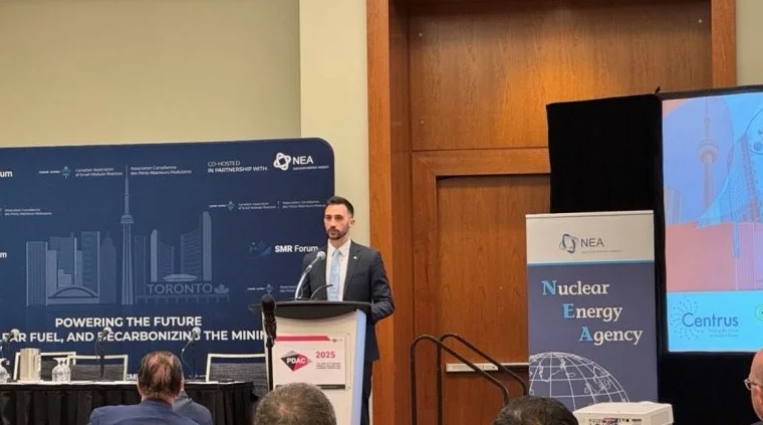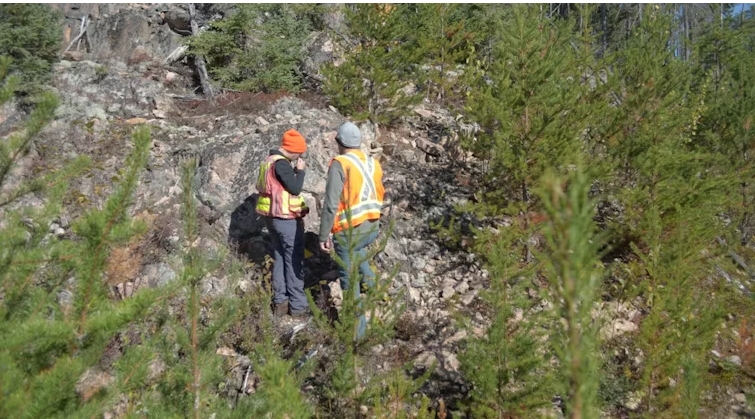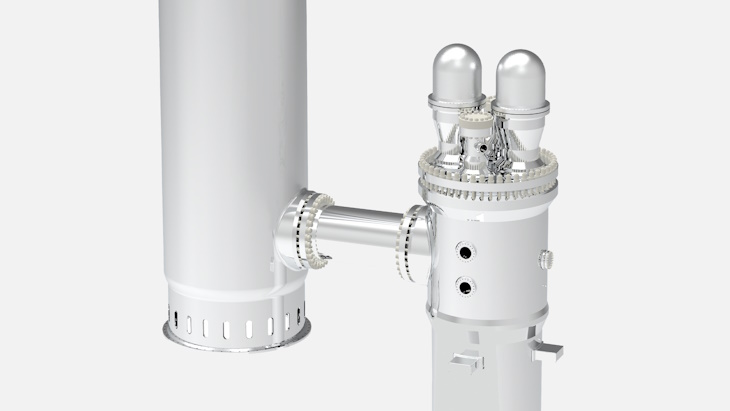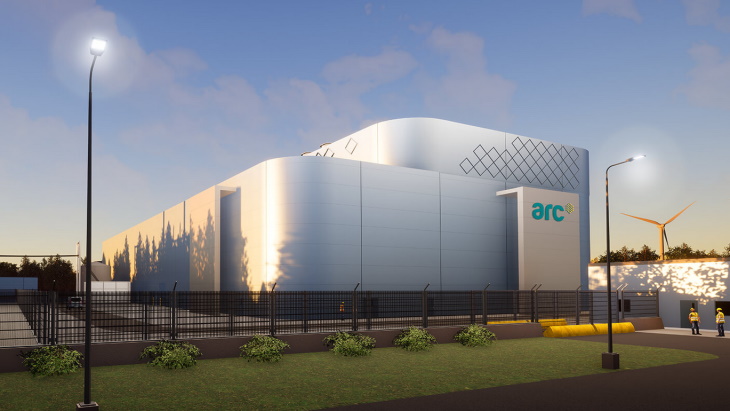
Drilling of a geothermal doublet in the town of Neuruppin in Brandenburg, Germany has been officially completed. With this, geothermal is expected to start contributing to district heating in Neuruppin by 2027.
Drilling of the doublet started in June of this year. The project has been led by local utility Stadtwerke Neuruppin GmbH (SWN), with drilling work executed by Daldrup & Söhne AG and planning and consultancy provided by Geothermie Neubrandenburg GmbH (GTN). The wells were drilled to depths of around 2000 meters.
Initial tests of the first well have yielded very positive results. “Instead of 200 cubic meters per hour, we could even extract 330 cubic meters,” said Thoralf Uebach, Managing Director of SWN. This means that geothermal could possibly contribute more than the 65-70% of district heating supply, which was the initial estimate. Right now, district heating in Neuruppin has primarily come from natural gas, making it very dependent on the price of gas.
Choosing tried and tested technology
The next phase of the project will involve the acquisition and installation of six large heat pumps. The heat pumps have not been ordered as permission is still needed from the mining authority. However, SWN already has their eyes on the type of heat pump they prefer and a specific manufacturer.
“We deliberately opted for tried and tested technology rather than the latest technology,” commented Uebach, stressing that the system must run reliably and sustainably for a long time.
Lower heating prices by 2027
SWN had already been given a federal grant of EUR 10 million for the project, as announced back in early 2023. This funding will go towards acquiring the technology for the project. However, SWN also intends to apply for another EUR 20 million grant that will subsidize the operation of the plant, thus reducing the price that customers will have to pay.
With the subsidy, residents of Neuruppin can hope for heating rates that are about 2 cents per kWh cheaper. Rates are not likely to go below the rates before the conflict in Ukraine, but they can be significantly cheaper than the current rates.







